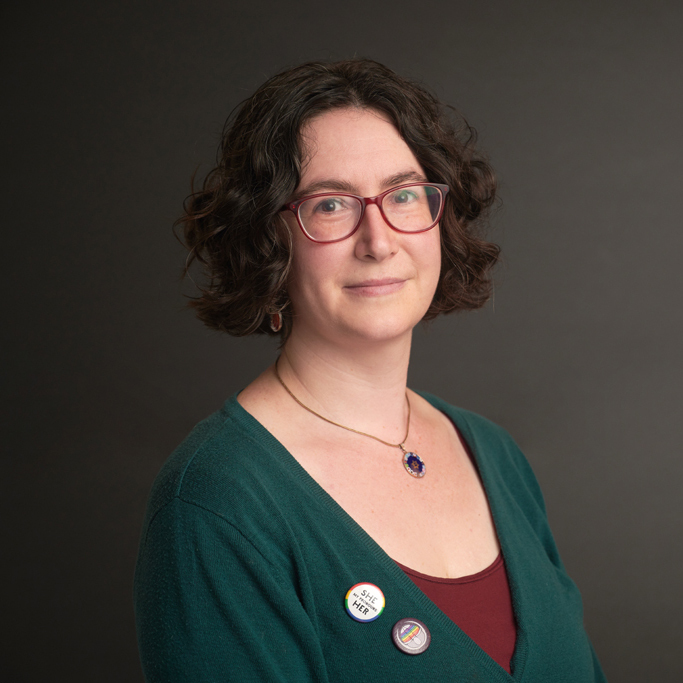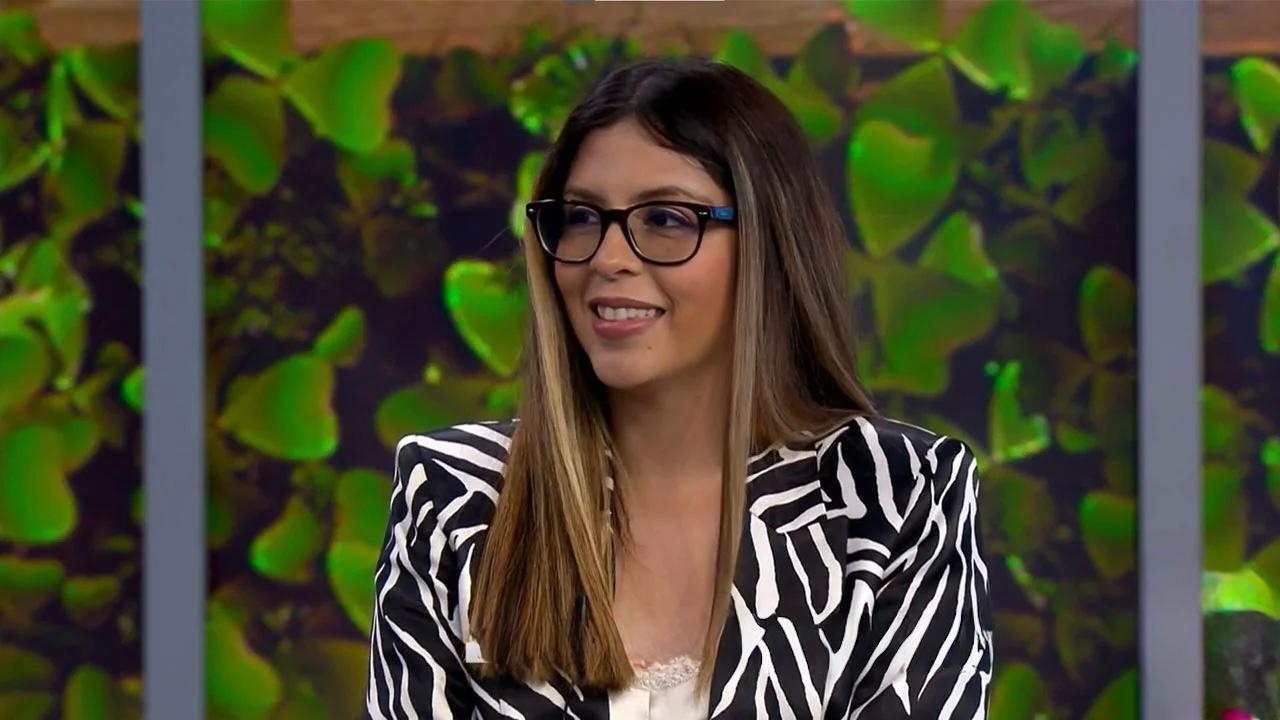Dr. Hilary Palevsky

Title: Surviving and Thriving in a World in Crisis: Tales from an Academic Climate Science Career
Hilary is an Assistant Professor in the Boston College Department of Earth and Environmental Sciences. Her research centers on the ocean’s role in global biogeochemical cycling, with a particular focus on understanding how the ocean absorbs carbon dioxide from the atmosphere, a key influence on global climate and ongoing climate change. To address these questions, her research group conducts fieldwork to deploy and calibrate autonomous biogeochemical sensors, measures samples in the laboratory, and analyzes data from sensors deployed in the field, often together with complimentary datasets such as from satellite remote sensing and global climate model simulations. She also teaches classes on ocean and climate science from the undergraduate through graduate levels, and considers it essential to her scientific and educational role to work to build a more inclusive, supportive, and equitable scientific community and world.
Before beginning her current position in 2019, she was a Lecturer at Wellesley College, a Postdoctoral Scholar at the Woods Hole Oceanographic Institution, and received her PhD in Oceanography and a graduate certificate in Climate Science at the University of Washington. Prior to beginning her graduate studies, she earned a B.A. in Geology from Amherst College, spent a year studying North Atlantic cod fisheries as a Thomas J. Watson Fellow and taught marine science on traditionally-rigged schooners in Long Island Sound. She lives in the Boston area with her (academic) spouse, their 1-year-old baby, three cats, and a very good dog.
Dr. Marcela Loría-Salazar

Title: Bridging the Gap: Advancing Aerosol Research in the Understudied Central U.S.
Marcela Loría-Salazar is an Assistant Professor in the School of Meteorology at the University of Oklahoma, where she leads interdisciplinary research on atmospheric processes that shape air composition. Her work addresses emissions from urban areas, wildfires, prescribed burns, agriculture, and dust, with a strong emphasis on advancing air quality forecasting and exposure assessments.
Dr. Loría-Salazar is recognized for her innovative integration of aerosol and gas-phase measurements, satellite remote sensing, meteorological data, numerical modeling, deep learning, and big data assimilation. Her collaborative approach has positioned her as a key contributor to major national and international initiatives, including NASA’s PACE Mission Early Adopter Program, NOAA’s Pathfinders Initiative, CIWRO, and the SPARTAN Global Network.
As a leader in her field, she plays a pivotal role in efforts to improve smoke behavior prediction, including serving on a national initiative led by the National Academies of Sciences, Engineering, and Medicine (NASEM). Her research has earned prestigious recognition, including the NASA Earth and Space Science Fellowship and awards from the University of Nevada, Reno, and the University of Oklahoma.
Dr. Loría-Salazar holds a Ph.D. and M.S. in Atmospheric Sciences from the University of Nevada, Reno, and a B.S. in Meteorology from the Universidad de Costa Rica. She is dedicated to promoting inclusive scientific collaboration and driving innovation to enhance environmental health and resilience.